Description
Familiarity with treatment
Collagen injectable fillers are a type of dermal filler that is used to restore volume and smooth out wrinkles and lines in the skin. Here is some information to help you become familiar with collagen injectable fillers:
- What is collagen? Collagen is a protein that is naturally found in the skin, providing structure, strength, and elasticity. It helps to maintain a youthful and plump appearance. However, as we age, the production of collagen decreases, leading to the formation of wrinkles and loss of volume in the skin.
- How do collagen injectable fillers work? Collagen injectable fillers are made from purified collagen derived from various sources, such as bovine (cow) or human collagen. When injected into the skin, these fillers help to replenish lost collagen, restore volume, and smooth out wrinkles and lines.
- Types of collagen injectable fillers: There are different types of collagen injectable fillers available, including bovine collagen fillers and human-derived collagen fillers. Bovine collagen fillers require allergy testing prior to use, as some individuals may have an allergic reaction. Human-derived collagen fillers do not require allergy testing.
- Treatment areas: Collagen injectable fillers can be used to treat various areas of the face, including the lips, cheeks, nasolabial folds (smile lines), marionette lines, and wrinkles around the mouth and eyes.
- Procedure: The procedure involves injecting the collagen filler into the targeted areas using a fine needle. The healthcare provider may apply a topical anesthetic or use a local anesthetic to minimize discomfort during the procedure. The treatment typically takes about 30 minutes to an hour, depending on the areas being treated.
- Results and duration: The results of collagen injectable fillers are immediate, with the treated areas appearing fuller and smoother. However, the duration of the results can vary depending on factors such as the type of filler used and individual metabolism. Collagen fillers generally last for a few months to a year before the body gradually absorbs the filler.
- Potential side effects: Common side effects of collagen injectable fillers may include temporary redness, swelling, bruising, or tenderness at the injection site. These side effects typically resolve within a few days. Rarely, allergic reactions or infections may occur.
- Consultation with a healthcare provider: It is important to consult with a qualified healthcare provider, such as a dermatologist or plastic surgeon, to determine if collagen injectable fillers are suitable for you. They will assess your specific concerns, discuss the benefits and risks, and create a personalized treatment plan.
Who is it suitable for?
Collagen injectable fillers are suitable for individuals who want to restore volume, smooth out wrinkles, and enhance the appearance of their skin. They can be used for various purposes and are generally suitable for:
- Wrinkle reduction: Collagen injectable fillers can be used to soften and reduce the appearance of wrinkles and fine lines, such as those around the mouth, eyes, and forehead.
- Lip augmentation: Collagen fillers can enhance the shape and volume of the lips, providing a fuller and more defined appearance.
- Facial contouring: Collagen fillers can be used to contour and shape the face, adding volume to areas such as the cheeks or chin to create a more balanced and youthful appearance.
- Scar revision: Collagen fillers can help improve the appearance of certain types of scars, such as acne scars or depressed scars, by filling in the depressed areas and making them less noticeable.
- Age-related volume loss: As we age, we naturally lose volume in certain areas of the face, leading to a sunken or hollow appearance. Collagen fillers can restore lost volume and rejuvenate the face.
- Non-surgical facelift: Collagen fillers can provide a non-surgical alternative to a facelift by lifting and tightening sagging skin, particularly in the mid-face and jawline areas.
Who is it not suitable for?
Collagen injectable fillers may not be suitable for everyone. There are certain factors and conditions that may make an individual ineligible for collagen injectable fillers. Some reasons why collagen injectable fillers may not be suitable include:
- Allergies: Some individuals may have allergies to collagen or other components of the filler. Allergy testing may be required before using collagen fillers to ensure there is no adverse reaction.
- Autoimmune disorders: Individuals with autoimmune disorders, such as lupus or rheumatoid arthritis, may have an increased risk of complications or adverse reactions to collagen fillers.
- Active skin infections or inflammation: Collagen fillers should not be used in areas with active skin infections, inflammation, or open wounds. It is important to wait until the skin has healed before considering collagen injections.
- Pregnancy and breastfeeding: The safety of collagen fillers during pregnancy and breastfeeding has not been established. It is generally recommended to avoid cosmetic procedures during these periods.
- Blood clotting disorders: Individuals with blood clotting disorders or those taking blood-thinning medications may have an increased risk of bruising or bleeding at the injection site.
- Unrealistic expectations: Collagen fillers can provide significant improvements, but it is important to have realistic expectations. If an individual has unrealistic expectations or desires drastic changes, collagen fillers may not be suitable.
- Certain medical conditions: Individuals with certain medical conditions, such as uncontrolled diabetes, active cancer, or a history of keloid scarring, may not be suitable candidates for collagen fillers. It is important to discuss your medical history with a healthcare provider to determine if collagen fillers are appropriate for you.
Advantages
Collagen injectable fillers offer several advantages for individuals seeking to enhance their appearance and address specific concerns. Some of the advantages of collagen injectable fillers include:
- Natural-looking results: Collagen is a protein naturally found in the skin, making collagen injectable fillers a popular choice for achieving natural-looking results. The filler integrates seamlessly with the surrounding tissues, providing a subtle enhancement without an overly artificial appearance.
- Immediate results: Collagen injectable fillers provide immediate results, with the treated areas appearing fuller and smoother right after the procedure. This instant improvement can boost confidence and satisfaction.
- Versatility: Collagen fillers can be used to address a variety of concerns, including wrinkles, fine lines, volume loss, and lip augmentation. They can be customized to meet individual needs and desired outcomes.
- Temporary effects: Collagen fillers are not permanent, which can be advantageous for individuals who want flexibility and the ability to adjust their appearance over time. The temporary nature of collagen fillers allows for reassessment and modification as desired.
- Minimal downtime: The procedure for collagen injectable fillers is minimally invasive, typically requiring little to no downtime. Most individuals can resume their normal activities immediately after the treatment.
- Stimulates natural collagen production: Collagen fillers can stimulate the production of natural collagen in the skin. Over time, this can lead to improved skin texture, elasticity, and overall rejuvenation.
- Safety profile: Collagen fillers have a long history of use in cosmetic procedures and are generally considered safe when administered by a qualified healthcare professional. Allergic reactions are rare, especially with human-derived collagen fillers.
- Gradual absorption: Collagen fillers are gradually absorbed by the body over time. This allows for a more natural transition as the filler diminishes, avoiding sudden changes in appearance.
Complications
While collagen injectable fillers are generally considered safe when administered by a qualified healthcare professional, there are potential complications and risks associated with the procedure. It is important to be aware of these complications before undergoing collagen injectable fillers. Some possible complications of collagen injectable fillers include:
- Allergic reactions: Although rare, some individuals may experience allergic reactions to collagen fillers. This can manifest as redness, swelling, itching, or hives at the injection site. Allergy testing may be recommended before using collagen fillers to identify any potential allergies.
- Infection: There is a risk of infection at the injection site. It is important to ensure that the procedure is performed in a sterile environment and that proper aftercare instructions are followed to minimize the risk of infection.
- Bruising and swelling: Bruising and swelling are common side effects of collagen injectable fillers. While these usually subside within a few days or weeks, excessive bruising or swelling should be monitored and reported to the healthcare provider.
- Lumpiness or unevenness: In some cases, collagen fillers may result in lumps or unevenness in the treated area. This can occur if the filler is not evenly distributed or if there is an accumulation of filler in one area. Proper injection technique and skill are important to minimize this risk.
- Migration or displacement: Collagen fillers can potentially migrate or become displaced from the intended injection site. This can lead to an unnatural appearance or asymmetry. It is important to choose a skilled and experienced healthcare provider to minimize this risk.
- Necrosis: In rare cases, collagen fillers can obstruct blood flow to the surrounding tissues, leading to tissue death (necrosis). This can result in pain, discoloration, or the formation of ulcers. Immediate medical attention is required if necrosis is suspected.
- Granulomas: Granulomas are small, firm nodules that can form in response to collagen fillers. These nodules are typically non-painful and can sometimes be treated with medication or other interventions.
- Overcorrection or undercorrection: Achieving the desired outcome with collagen fillers requires skill and experience. There is a risk of overcorrection (resulting in an unnatural appearance) or undercorrection (not achieving the desired improvement).
Previous care
Before undergoing collagen injectable fillers, it is important to take certain precautions and follow specific care instructions to ensure the best possible outcome and minimize the risk of complications. Here are some important cares to consider before collagen injectable fillers:
- Consultation with a qualified healthcare provider: Schedule a consultation with a dermatologist or plastic surgeon who specializes in cosmetic procedures. They will evaluate your specific concerns, discuss your expectations, and determine if collagen injectable fillers are suitable for you.
- Medical history disclosure: Provide a comprehensive medical history to your healthcare provider, including any previous cosmetic treatments, allergies, medications, or medical conditions. This information will help them assess your eligibility for collagen fillers and make necessary adjustments to the treatment plan.
- Allergy testing: Depending on the type of collagen filler being used, allergy testing may be recommended. This is to identify any potential allergies or adverse reactions to the filler material.
- Avoid blood-thinning medications: Certain medications, such as aspirin, nonsteroidal anti-inflammatory drugs (NSAIDs), and blood-thinning medications, can increase the risk of bruising and bleeding at the injection site. Your healthcare provider may advise you to avoid these medications for a certain period before the procedure.
- Avoid alcohol and smoking: Alcohol and smoking can impair the healing process and increase the risk of complications. It is advisable to avoid alcohol consumption and smoking for at least a few days before the procedure.
- Sun protection: Protect your skin from excessive sun exposure before the procedure. Use broad-spectrum sunscreen with a high SPF and wear protective clothing to minimize the risk of sun damage and uneven pigmentation.
- Discontinue certain skincare products: Your healthcare provider may advise you to discontinue using certain skincare products, such as retinoids or exfoliants, for a period before the procedure. These products can increase skin sensitivity and the risk of irritation during the treatment.
- Hydrate your skin: Keep your skin well-hydrated in the days leading up to the procedure. Moisturize regularly to ensure your skin is in optimal condition for the treatment.
- Arrange for transportation: Collagen injectable fillers are typically performed as an outpatient procedure. Depending on the type of anesthesia or sedation used, you may need someone to drive you home after the procedure.
- Follow pre-procedure instructions: Your healthcare provider will provide specific instructions to follow before the procedure. This may include avoiding food or drink for a certain period of time before the treatment.
Aftercare
Proper aftercare is essential to ensure optimal healing and results after collagen injectable fillers. Here are some important aftercare instructions to follow:
- Follow post-treatment instructions: Your healthcare provider will provide specific post-treatment instructions tailored to your individual needs. It is crucial to carefully follow these instructions for the best possible outcome.
- Apply cold compresses: Immediately after the procedure, apply cold compresses or ice packs to the treated areas to help reduce swelling and discomfort. Be sure to wrap the cold compress in a clean cloth to protect your skin.
- Avoid touching or applying pressure: Avoid touching or applying pressure to the treated areas for at least 24 hours after the procedure. This includes avoiding rubbing, massaging, or sleeping on the treated areas.
- Avoid strenuous activities: Refrain from engaging in strenuous activities, exercise, or activities that may cause excessive sweating for at least 24 to 48 hours after the procedure. This helps to minimize swelling and reduce the risk of complications.
- Protect the treated areas from sun exposure: Protect the treated areas from direct sun exposure for at least a week after the procedure. Wear a wide-brimmed hat and use a broad-spectrum sunscreen with a high SPF to shield your skin from harmful UV rays.
- Avoid alcohol and blood-thinning medications: Avoid consuming alcohol and taking blood-thinning medications, such as aspirin or NSAIDs, for a few days after the procedure. These substances can increase the risk of bruising and bleeding at the injection site.
- Avoid excessive heat: Avoid exposure to excessive heat, such as saunas, hot tubs, or hot showers, for at least 48 hours after the procedure. Heat can increase swelling and potentially affect the results.
- Gentle cleansing: Gently cleanse the treated areas with a mild cleanser as instructed by your healthcare provider. Avoid scrubbing or rubbing the areas, as this can disrupt the filler and affect the results.
- Avoid facial treatments: Refrain from undergoing facial treatments, such as chemical peels, microdermabrasion, or laser treatments, in the treated areas for at least two weeks after the procedure. These treatments can potentially interfere with the filler and cause complications.
- Attend follow-up appointments: It is important to attend any scheduled follow-up appointments with your healthcare provider. They will assess your healing progress, address any concerns, and provide further guidance for your aftercare.
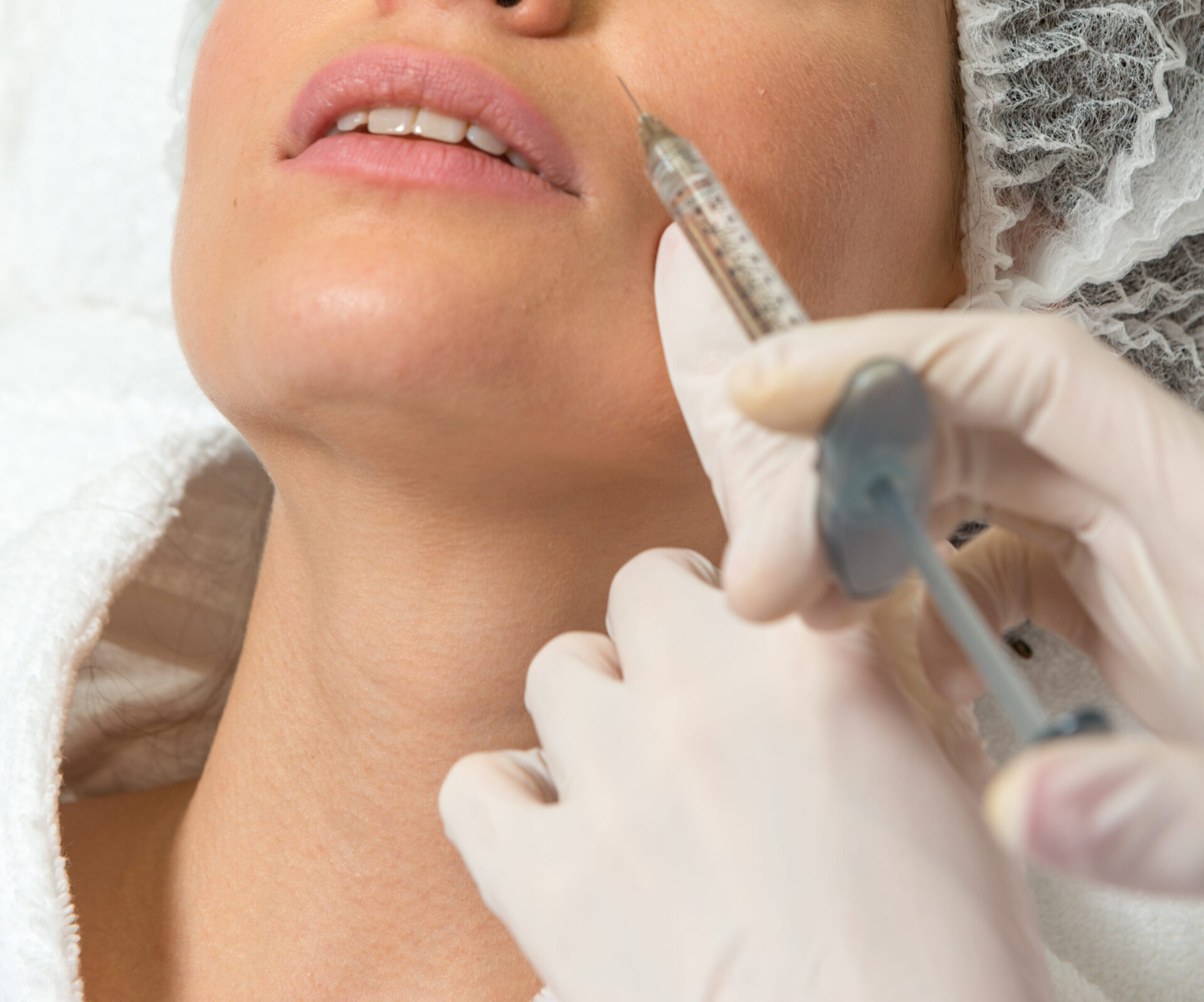
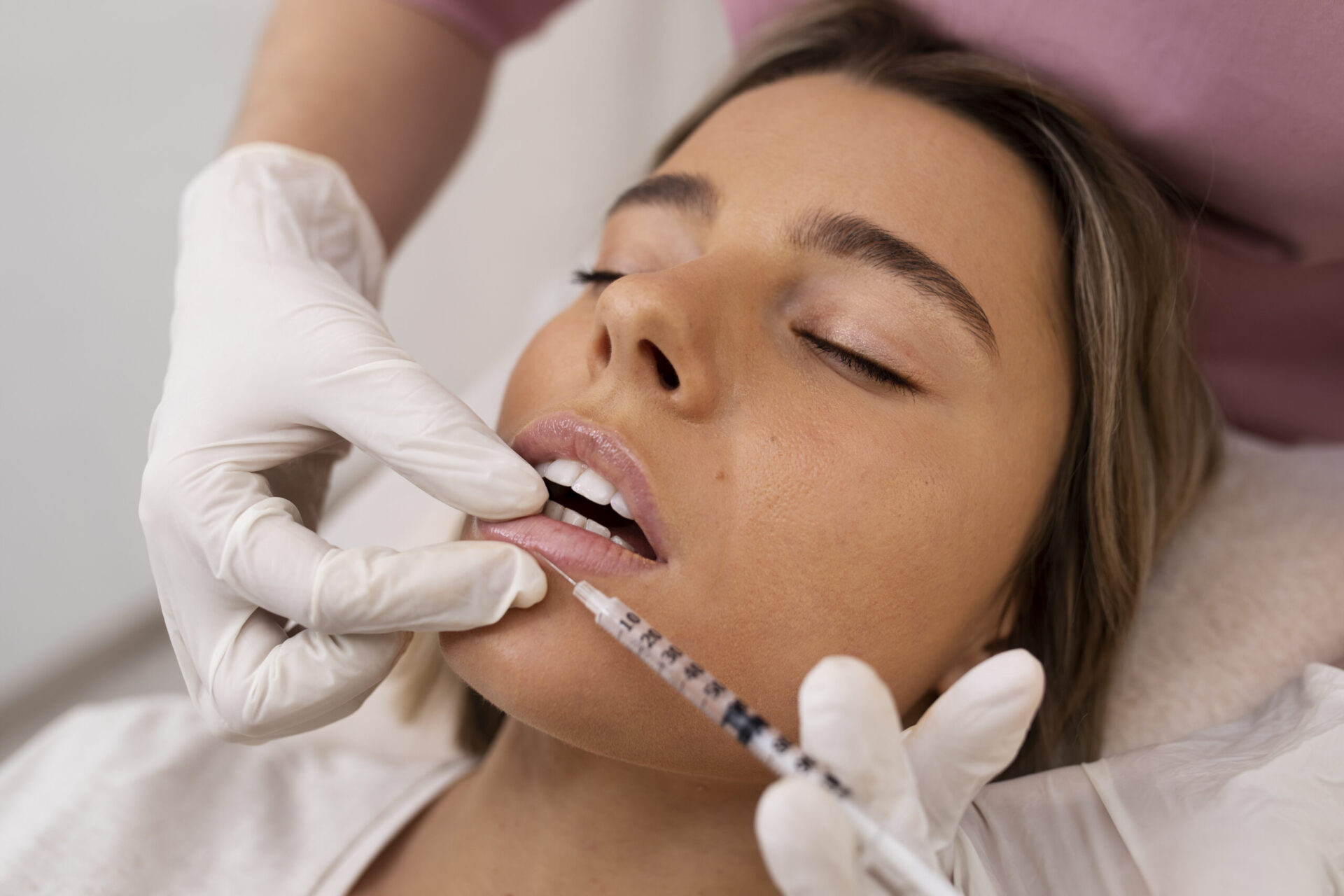
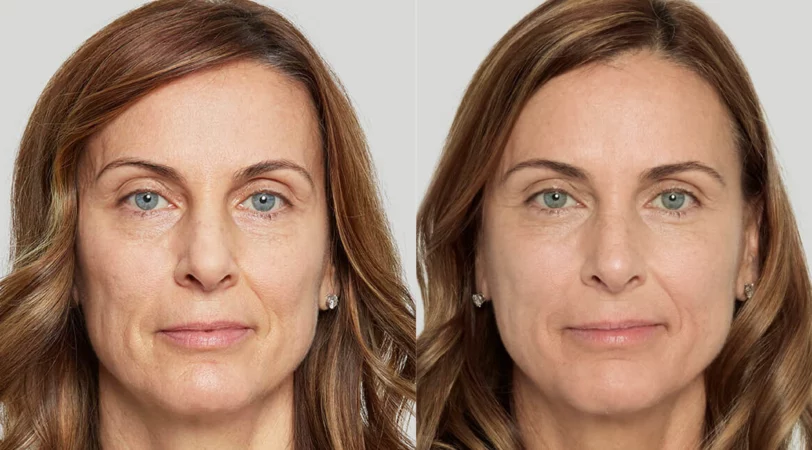



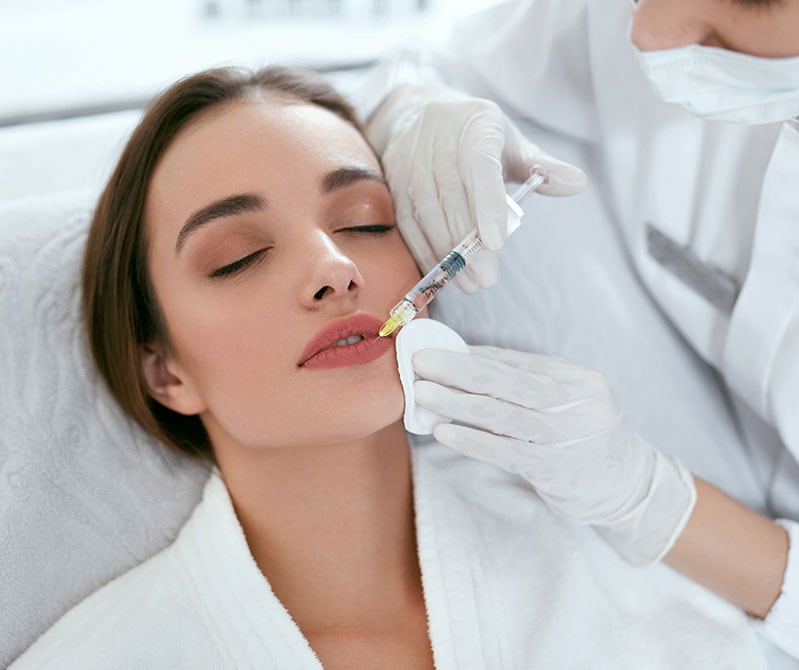




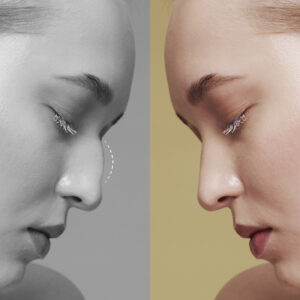

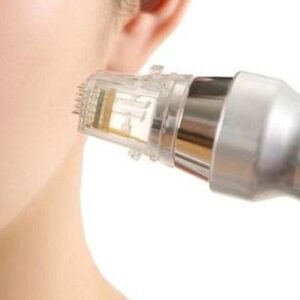

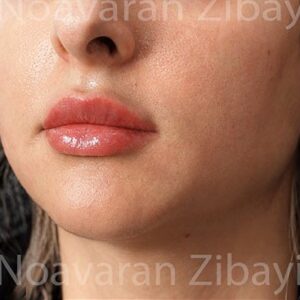
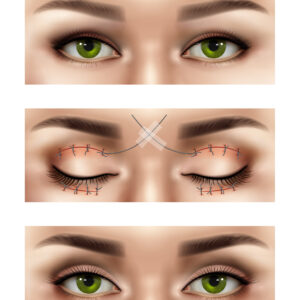

Reviews
There are no reviews yet.